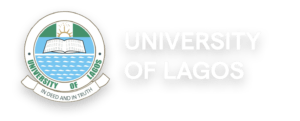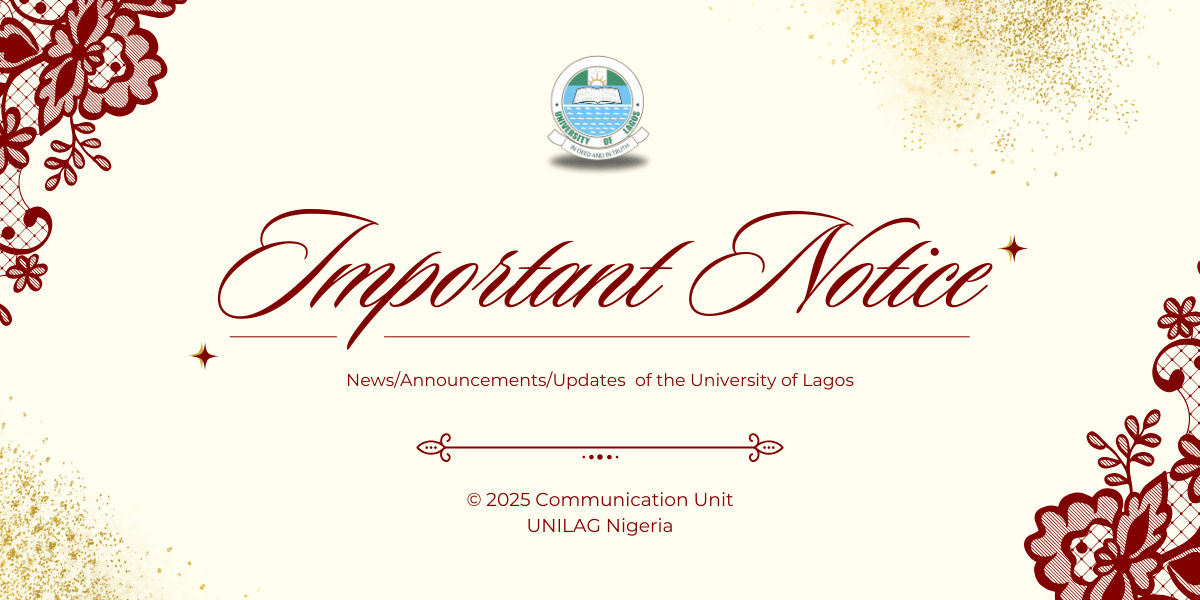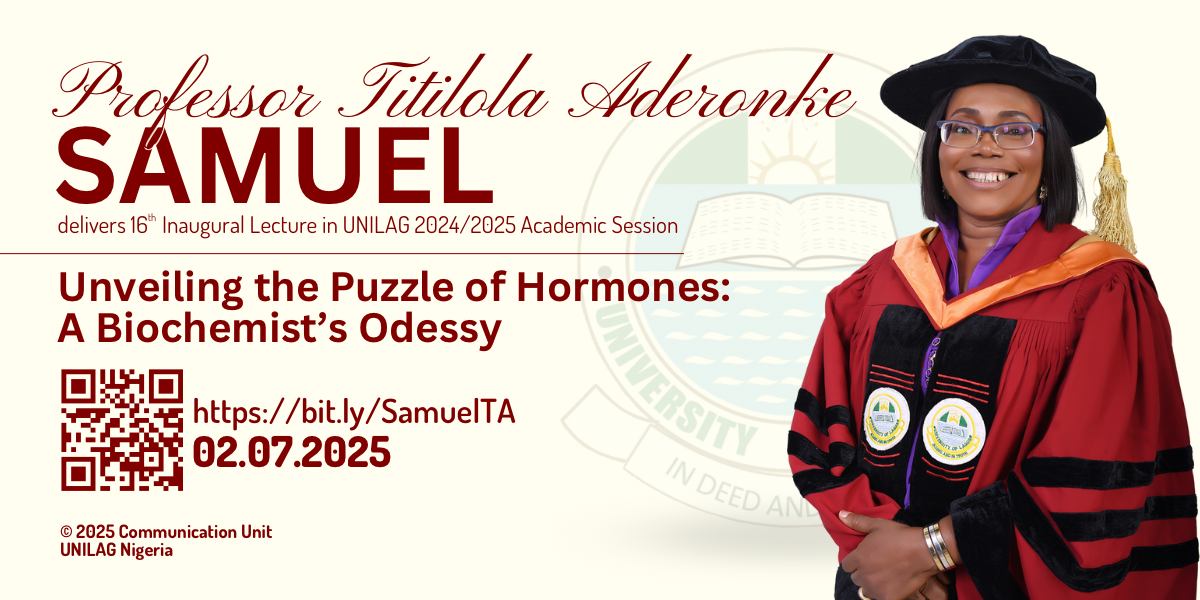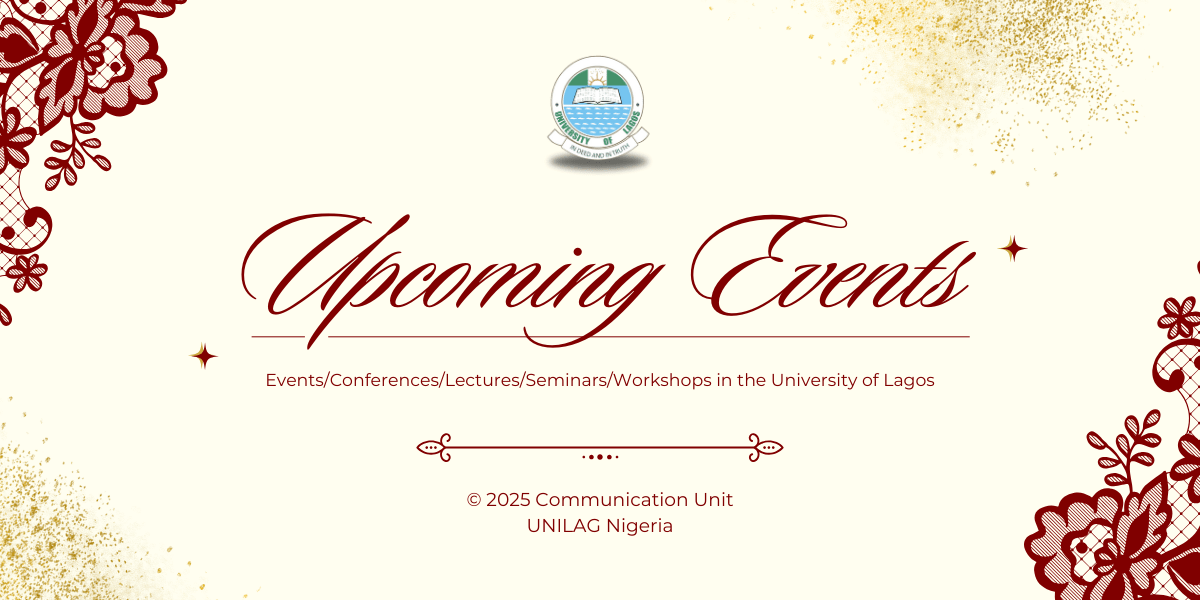Stakeholders at the 11th International Conference on African Development Aid & Economic Transformation have proffered ways to solve Africa’s problems amidst the gloomy and uncertain economic outlook.
The 2-day conference, which was recently held at the Faculty of Education Auditorium, University of Lagos, aimed to address the pressing development challenges faced by African economies in the 21st century. With the theme: Addressing Development Challenges Among African Economies in the 21st Century, the forum attracted a diverse array of participants ranging from distinguished experts, policymakers, academics, and scholars drawn from government and non-governmental organizations.

The Director, Quality Assurance and Servicom, University of Lagos Professor Olufemi Saibu kicked off deliberations on Thursday, March 14, 2024, the first day of the Conference, with the keynote address which stressed the need for innovative solutions, and sustainable development strategies that prioritize inclusive growth, social equity, and environmental sustainability to tackle the complex economic issues facing the continent.
The renowned expert in African development issues queried why Africa is characterized by a ‘paradox of poverty in plenty’ whereby the continent is blessed with abundant human and natural resources and yet a quarter of the population lives in poverty.


His words “The reason for slow growth and poverty in Africa are the source of much analysis and debate. Some emphasize factors largely beyond Africa’s control, such as the difficult geographical endowment that has limited growth in manufacturing, agriculture and trade.”
The revered Professor of Economics pointed out that the dependence on primary product exports has made the region vulnerable to cyclical price trends and global economic downturns. He blamed Africa’s economic problems primarily on the limited capabilities of African governments, inappropriate economic policies and corruption.
His presentation espoused the Lamborghini and Ajagbe Ejo (locally made truck in Nigeria) differentials as metaphors to explain and develop a theoretical policy model for the developmentof countries in Africa.
Professor Saibu posited that “Lamborghini is used in describing all the received and sophisticated policies as models that have no semblance with the reality of developing countries but are adopted despite the fact that they are less likely to address the basic problems of the developing countries and are just being implemented because it is contemporary, modern and being used in countries that are more developed”.
He added that “Ajagbe Ejo is used to represent those country-specific policies and economic models that were developed based on fundamental challenges and in line with comparative advantage and competence of the counties for which the models are being developed”.
Using Nigeria as a case in point, the University Don averred that the Nigerian economy is an economy that depends on oil and earns what is called an “economic rent’’- which is the income that comes from things that are not from our direct productive efforts and urged government to step up efforts to alleviate poverty.

The Keynote Address was followed with a presentation by the Conference Lead Presenter and Dean, Faculty of Education, UNILAG, Professor Simeon Adebayo Oladipo who reiterated the importance of collective action in addressing Africa’s development challenges. He noted that extreme disparity in income was a major factor slowing the pace of poverty reduction and hampering the development of broad-based economic growth in Africa.
Prof. Oladipo called for increased collaboration between governments, civil society, and the private sector to implement effective policies and programs that promote sustainable economic growth and social progress.
Representative the Vice-Chancellor of the University at the occasion, the Director of Academic Planning, Professor Mathew Olusoji Ilori underscored the immense potentials of collaboration and partnership towards African development. He charged African nations to begin to look at African challenges through African lenses.
His words, “We must be able to work together across sectors, borders, and disciplines to overcome the challenges that lie ahead”.

The Director of Academic Planning used the opportunity to laud the organizers of the event, adding that the Conference provided the required platform for thought-provoking discussions, knowledge sharing, and networking opportunities aimed at shaping a brighter future for Africa’s economies in the 21st century.
Chairman of the Local Organising Committee of the Conference, Dr. Veronica Babajide described the event as a catalyst for change. She expressed optimism that the event will serve as an avenue for fostering dialogues, sharing insights and formulating strategies that will contribute to the sustainable development and economic transformation of African nations.
Throughout the 2-day conference, various sub-themes related to African development aid and economic transformation were explored through panel discussions, plenaries and presentations with the aim to advancing Africa’s development agenda.



The Conference on African Development Aid & Economic Transformation rounded off on Friday, March 15, 2024 with virtual sessions anchored by Professors Oluwayemisi Obashoro-John (Adult Education), Solomon Bello (Educational Management) and … Gladys Esiobu (Biology Education) at the Faculty of Education Auditorium, University of Lagos.




